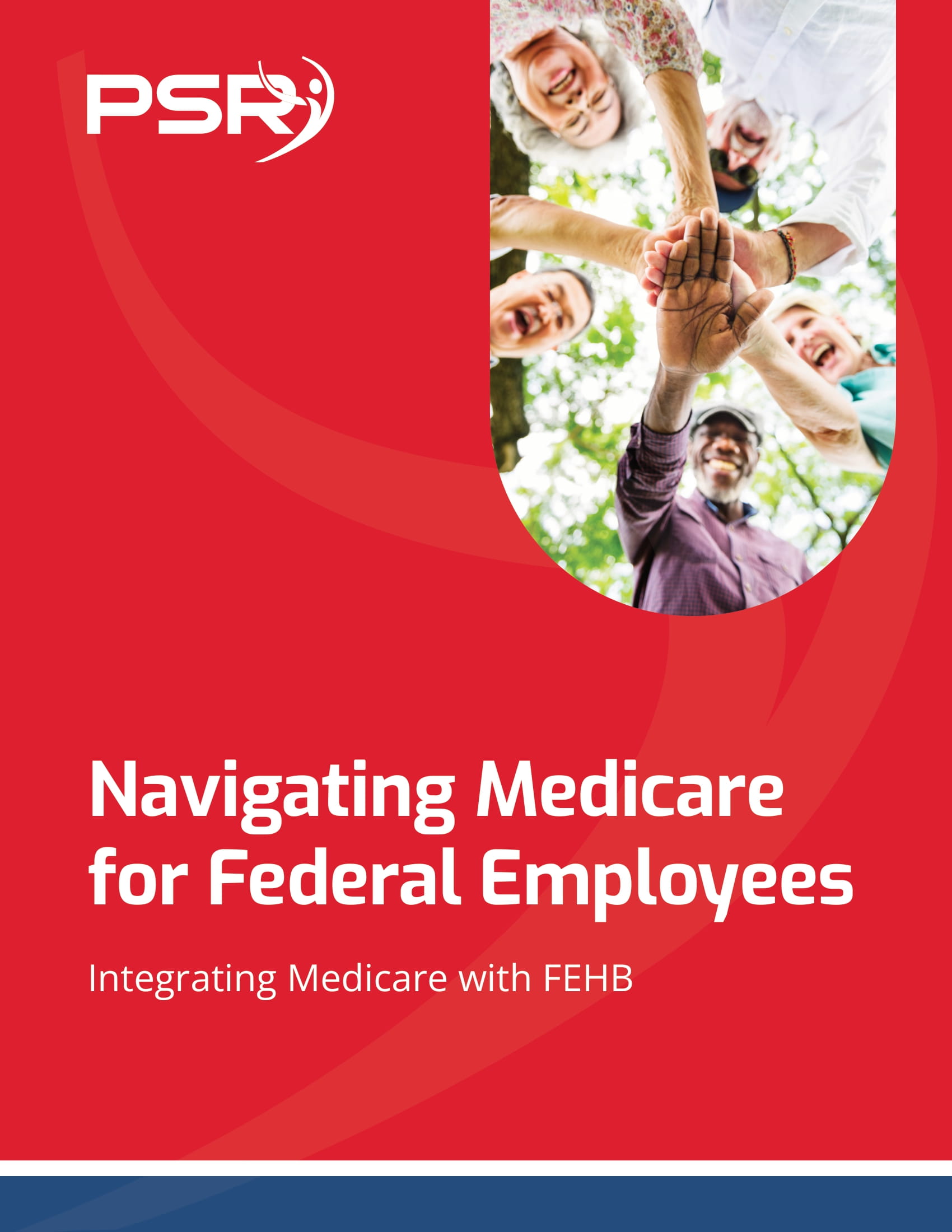Retirement is a stage of life everyone aspires to reach as quickly as possible because there is freedom in not having to work any longer. Many believe it will be a golden time of being able to do whatever they want. However, there are many financial considerations to make before actually retiring. Below are a few of the issues with retirement that are not often discussed, as well as helpful solutions.
1. Your net worth becomes meaningless when you retire.
You may have meticulously saved money in the future and currently have a sizable nest egg fund. However, if you reside in a place with a high cost of living, then $1 million might not be enough to support you during retirement.
Solution: Establish an income plan.
Start by not assuming that your retirement spending will be significantly lower. You might need to change your expenditures if you’re already retired and didn’t figure out how much income you’d need to fund your monthly expenses. It’s essential to separate your necessities from your wants to determine what you’ll need to survive each month as opposed to how much you spend on your desires.
2. Taxes can significantly reduce retirement income.
A larger-than-expected tax burden on their retirement income is another significant issue that retirees deal with. Everyone believes their tax rate will decrease once they retire, but that’s not true.
You’ll be responsible for paying taxes on withdrawals at your ordinary income tax rate if you have saved most of your cash in a tax-deferred pension plan, such as a 401(k).
Solution: Establish tax-free income sources.
If you want to bring down your tax burden and keep much more of your money, you need to have money saved up that you can access tax-free. You can achieve this by investing in either a Roth IRA or a Roth 401k because retirement withdrawals from these accounts are tax-free.
Ask your HR if you have a Roth alternative or would like to add one to your account.
3. Your income in retirement may be impacted by inflation.
Inflation impacts our ability to buy things, and it’s crucial to realize that this impact can be subtle.
Expect to pay more over time as the cost of living increases if you want to retain your current standard of living in retirement.
Solution: Invest in stocks.
Investing in assets with a greater rate of return is essential if you don’t want inflation to erode your purchasing power and want to prevent running out of cash in retirement.
The answer is to incorporate stocks into your financial portfolio since you’ll need the savings to increase during retirement.
4. You might live longer than your savings.
Most people would most likely respond that their goal is to live a long and healthy life if asked. However, for individuals who have insufficient savings, this may be a drawback to retirement.
The Social Security Administration estimates that one in four 65-year-olds will live above the age of 90 in the current population.
Solution: Plan for a lengthy retirement.
The future cannot be predicted. However, the Social Security Administration has a life expectancy calculator that can estimate how many years you can expect to live on average based on your age and date of birth. However, your plan must offer you enough money to cover your expenses for a minimum of 30 years and possibly longer.
5. The cost of long-term care could eliminate your savings.
If you don’t have a plan to pay for long-term care, you could still run out of money even if you have a sizable nest egg and won’t outlive your assets. According to the U.S. Department of Health and Human Services, your chances of requiring long-term care are around 50/50 after you reach the age of 65.
According to Genworth Financial, the median yearly cost of an assisted living home is $54,000 in 2021.
Solution: Get long-term care insurance.
Expect Medicare or health insurance to not cover the expense of long-term care. The Administration for Community Living says these only offer a small amount of coverage for some forms of long-term care.
Consider purchasing long-term care insurance or getting a life insurance policy with a long-term care benefit.
6. Maybe you are not ready for high healthcare costs.
If you don’t have the funds set aside to pay for medical expenses in retirement, you might be in for a surprise. According to Fidelity Investments, a 65-year-old couple who retired this year will require $315,000 to cover medical costs. Even the expenditures of long-term care are not included in that.
Solution: Reduce costs and increase health savings.
You might profit from working more hours to continue obtaining subsidized health insurance through your company to deal with escalating healthcare expenditures in retirement. If you’ve got a high-deductible health plan, you can also contribute to one while you are still at work. Retirement HSA withdrawals for eligible medical costs are tax-free.
Contact Information:
Email: [email protected]
Phone: 2129517376
Bio:
M. Dutton and Associates is a full-service financial firm. We have been in business for over 30 years serving our community. Through comprehensive objective driven planning, we provide you with the research, analysis, and available options needed to guide you in implementing a sound plan for your retirement. We are committed to helping you achieve your goals. Visit us at MarvinDutton.com . Tel. 212-951-7376: email: [email protected].













